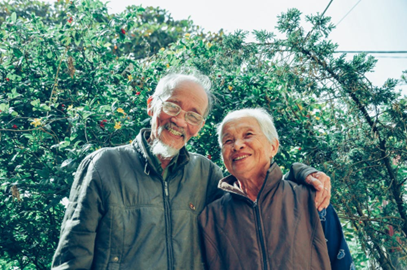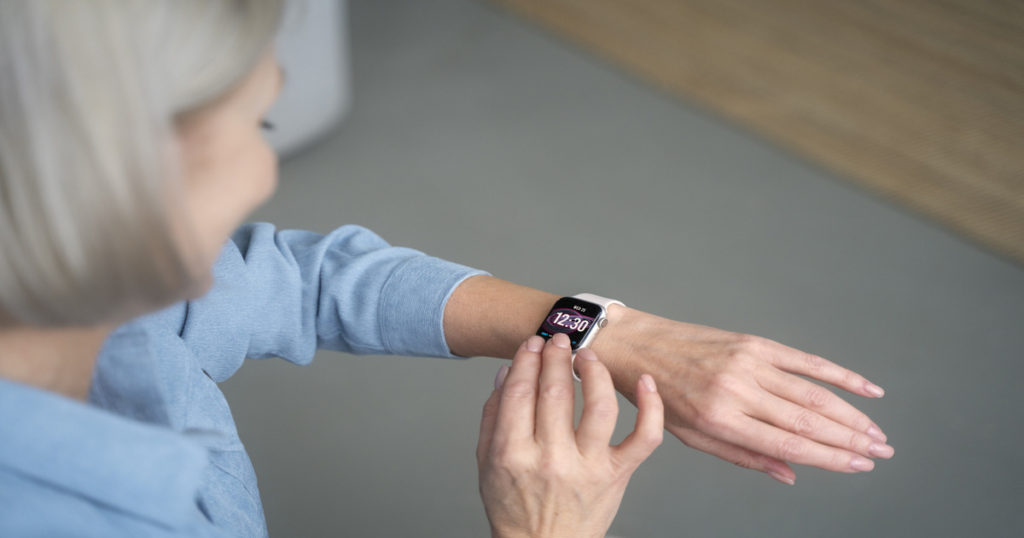By: Melanie C. – Agely
Cancer is a type of disease characterized by the uncontrolled growth and spread of abnormal cells. It can affect people of all ages, but certain types of cancer are more prevalent in older people. As people age, their risk of developing cancer increases due to the cumulative effects of environmental and genetic factors.
Below, we will explore some of the most common types of cancer found in elders, as well as the risk factors, symptoms and treatment options. Understanding the unique challenges and considerations of cancer in seniors can help all of us make informed decisions about our healthcare and take steps to reduce the risk of developing cancer.
Common Types of Cancer in Seniors
There are many different types of cancer that can affect people of any age, but at an advanced age, individuals are likely to see some types of cancer more often. The following focuses on three common types:
- Skin Cancer
- Breast Cancer
- Prostate Cancer
Skin Cancer
Skin cancer is one of the most common kinds of cancer in the United States, and it is especially common in older adults. We will cover these types of skin cancer:
- Basal Cell Carcinoma
- Squamous Cell Carcinoma
- Melanoma
Basal cell carcinoma and squamous cell carcinoma are the most common types of skin cancer and are most often found on areas of the skin exposed to the sun, such as the face, neck, and hands. Melanoma is a more aggressive form of skin cancer that is more likely to spread to other parts of the body.
The incidence of skin cancer increases with age and seniors are at a higher risk of developing it due to the cumulative effects of sun exposure over decades. To reduce the risk of developing skin cancer, it is important for elders to protect their skin from the sun by wearing protective clothing, using sunscreen, and finding shade when the sun is strongest.
Breast Cancer
Breast cancer is the most common kind of cancer found in women; it can also occur in men. Breast cancer can strike at any age, but is more common in women over 50. There are several different types of breast cancer, three of the most common are:
- infiltrating ductal carcinoma
- infiltrating lobular carcinoma
- mixed ductal/lobular carcinoma
Infiltrating ductal carcinoma begins in the cells that line the milk ducts and grows into surrounding breast tissue. It is the most common type of breast cancer, accounting for roughly 80% of all breast cancer cases.
Infiltrating lobular carcinoma begins in the cells that line the milk-producing lobules and also grows into the surrounding breast tissue. This type of breast cancer is less common and accounts for about 8-10% of all cases.
Finally, mixed ductal/lobular carcinoma includes features of both infiltrating ductal carcinoma and infiltrating lobular carcinoma. This type of breast cancer is the most rare and accounts for about 5-7% of all cases. Risk factors for breast cancer include: family history, certain inherited gene mutations, and some lifestyle choices, such as alcohol consumption and smoking. To reduce the risk of breast cancer, it is important for seniors to get regular screenings, maintain a healthy weight and live a healthy lifestyle.
Prostate Cancer
Prostate cancer is the most common type of cancer found in men in the United States. It is the second most common cancer globally, according to the World Health Organization. It’s also prevalent among elders. The prostate gland is a small, walnut-sized gland just below the bladder in men. It produces the fluid that carries and nourishes sperm.
The most common type of prostate cancer is adenocarcinoma. It develops in the glandular cells of the prostate. Adenocarcinoma accounts for about 95% of cases.
Other types of prostate cancer include: small cell carcinoma, transitional cell carcinoma, and squamous cell carcinoma. These kinds are less common and are usually more aggressive than adenocarcinoma.
Risk factors for prostate cancer include age, family history, and certain inherited gene mutations. To reduce the risk of prostate cancer, it is essential for seniors to get regular screenings and maintain a healthy diet and lifestyle.
Treating Cancer in Seniors
Treatment for cancer in elders can be complex due to the unique challenges and considerations that come with aging. Seniors may have other health conditions that need to be taken into account when choosing a treatment plan, and they may be more sensitive to some medications and treatments.
The recommended treatment will depend on the type and stage of cancer, as well as the location and size of the tumor. The most common treatments include: chemotherapy, radiation therapy, immunotherapy and surgery.
It is important for older adults to discuss all their treatment options with their healthcare team and consider any alternatives when deciding on a treatment plan. Seniors may also want to seek a second opinion from another healthcare provider to make sure they are making an informed decision.
Final Thoughts
Skin cancer, breast cancer, and prostate cancer are three common types of cancer that can impact seniors. It is important for elders to be aware of the risk factors associated with these cancers and to take any possible steps to prevent their occurrence. This can include: protecting skin from the sun, getting regular screenings and maintaining a healthy diet and lifestyle.




